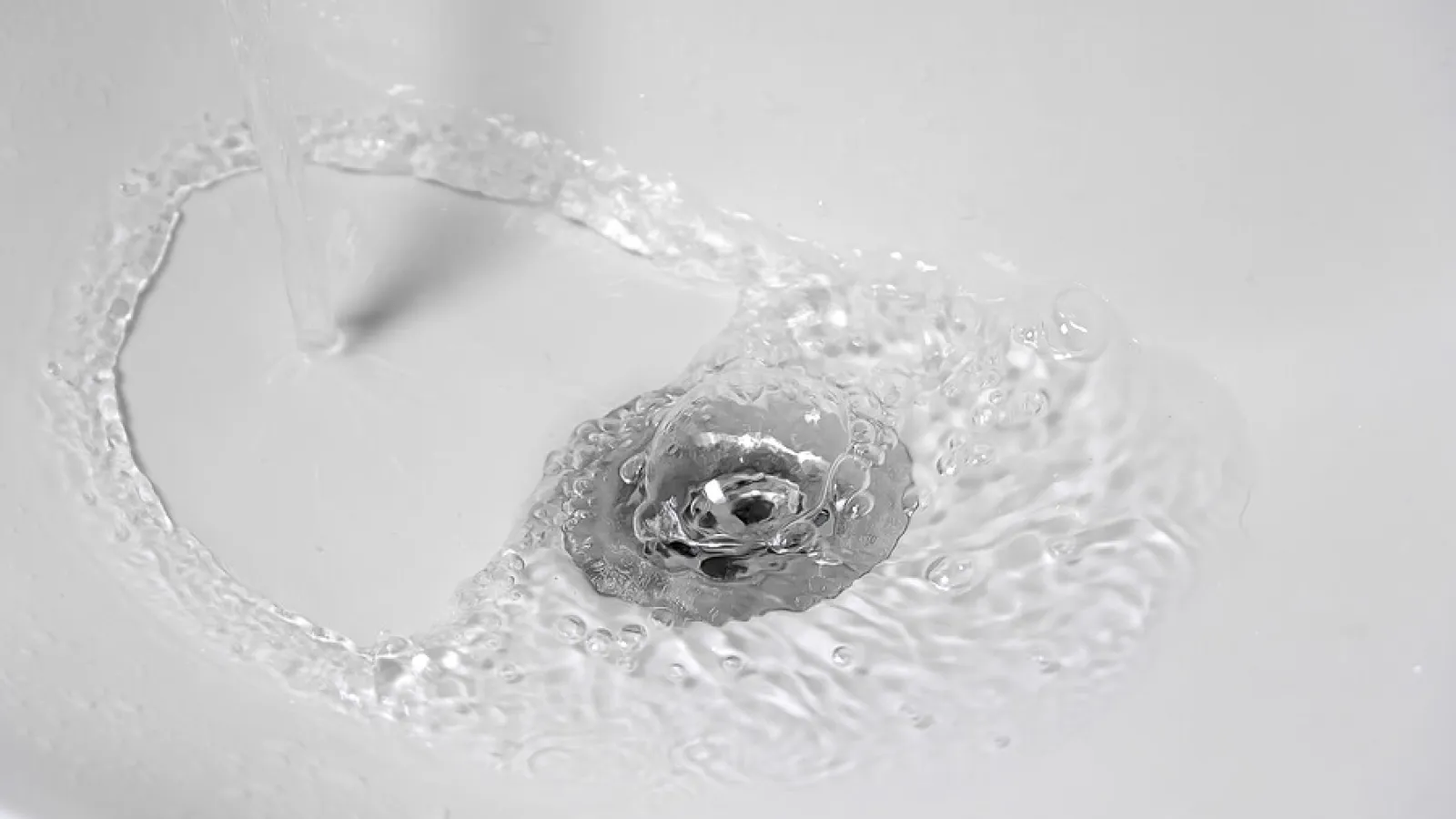Nothing disrupts a smooth-running household quite like a clogged drain. It can be a real nuisance, and numerous DIY solutions are floating around the internet. One commonly suggested method is to pour salt down your drain. But is this method effective, and more importantly, is it safe to pour salt down the drain? Let's talk about it.
How Does Salt Help To Clear Plumbing Clogs?
The basic idea behind using salt to unclog drain is the salt's inherent properties. Salt can dislodge and dissolve blockages within the pipes when mixed with hot water. Additionally, the rough texture of salt can work as a natural abrasive against the buildup of grease and other gunk that commonly causes clogs.
However, this is not a universally effective solution - the effectiveness of this approach varies, depending on the nature of the blockage. Salt can only dissolve specific substances, and if the blockage is due to materials like hair or solid debris, salt won't help much. It works best for minor clogs and may not help with more severe blockages.
So, while this method might work for minor clogs, severe blockages likely need more intervention. And remember, even with minor clogs, it's crucial to consult a professional for an inspection before going the DIY route.
Is it Safe to Pour Salt Down the Drain?
Can pouring salt down the drain be harmful to your plumbing? Well, like most things in life, there are pros and cons to this method.
On the positive side, salt is a natural and affordable solution that effectively dissolves clogs like grease and mineral buildup. Unlike harsh chemical drain cleaners, salt is a safer and more eco-friendly alternative for keeping your pipes clear and flowing smoothly.
But on the negative side, repeated use of this home remedy can cause more issues for your plumbing. For example, the excessive use of salt could corrode the metal pipes, leading to leaks or, worse, pipe failure - turning a simple clog into a costly plumbing disaster.
Too much salt may only exacerbate the clog by creating a solid salt barrier that makes it harder to dissolve any remaining debris. If you have PVC pipes, the risk of corrosion is less, but salt can still cause a build-up of salt deposits over time, potentially leading to further blockages.
While choosing to unclog drain with salt may seem like an easy solution, it's best to consult a plumbing professional who can provide more tailored advice to avoid causing further damage and needing more expensive repairs.
When to Seek Professional Help
It's all about knowing when to roll up your sleeves and when to call in the experts. Unclogging a drain can sometimes be a DIY task with a plunger and elbow grease. But in most cases, calling in the experts is the best course of action. While home remedies and chemicals from the store might seem appealing, it is neither the safest nor the most effective method to deal with clogs. More often than not, they only provide a temporary fix and even end up causing more harm than good.
Ultimately, we recommend all clogs be assessed by a professional who can accurately diagnose and treat any drain issue, big or small so that you can be assured of a permanent solution. Our team at Guardian Home Experts is equipped to not only can they fix the issue but also provide helpful advice on maintaining a clog-free plumbing system.
Don't let a minor clog escalate into a major issue. Schedule a professional plumbing assessment with Guardian Home Experts today.


